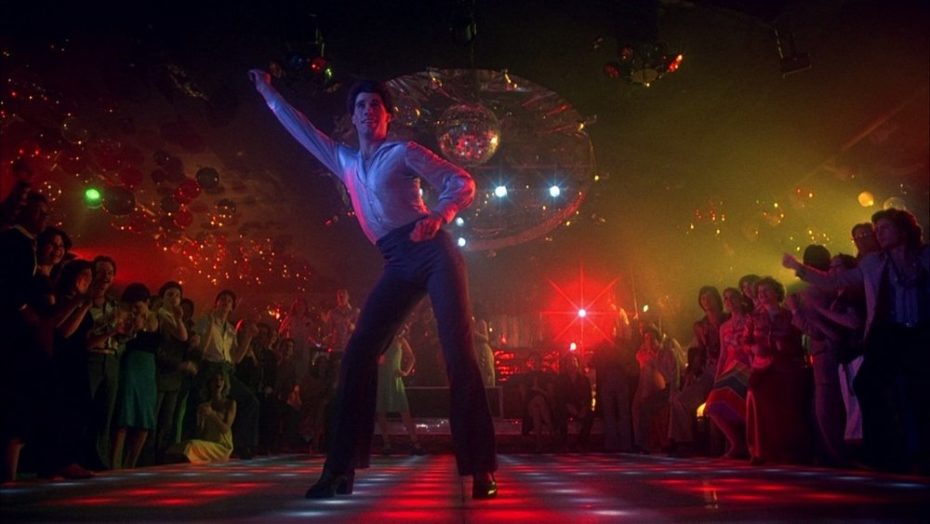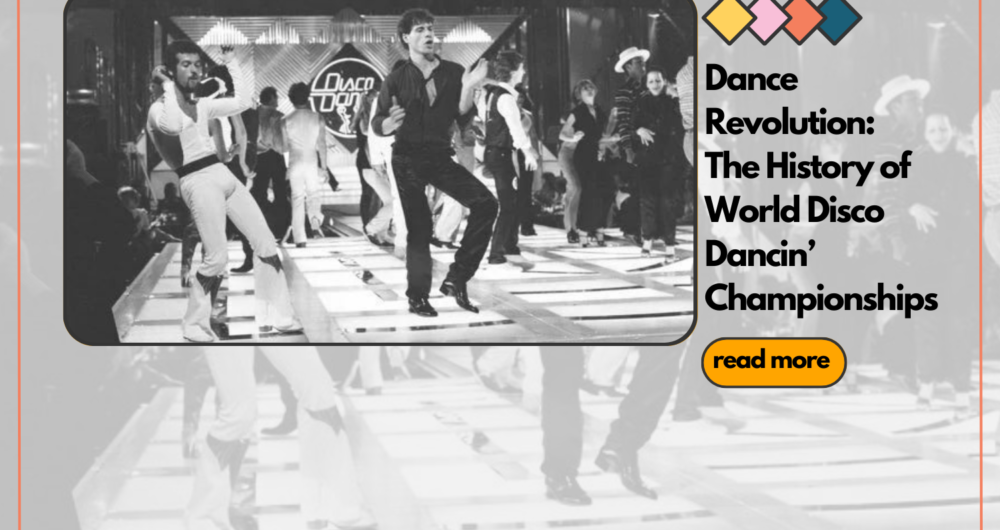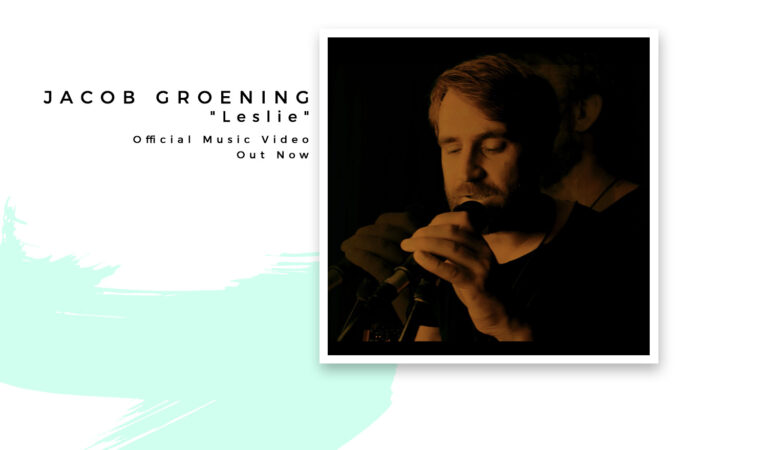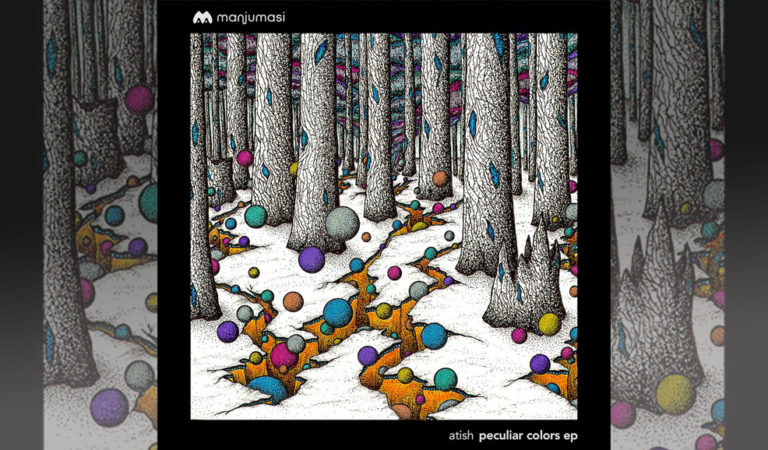Can you imagine a Techno dancing competition? Yeah, a bunch of people dressed in all black two-stepping for hours. Or maybe a contest for Trance dancing? See who can shuffle the best. The most entertaining would probably be a Dubstep dancing championship, although it’s best we leave those moves on the dancefloor. Since none of these actually exist, we are only left with our imagination, but if we take a little trip back in time to the ‘70s, we get a glimpse of the magic that was the Disco Dancing World Championships.
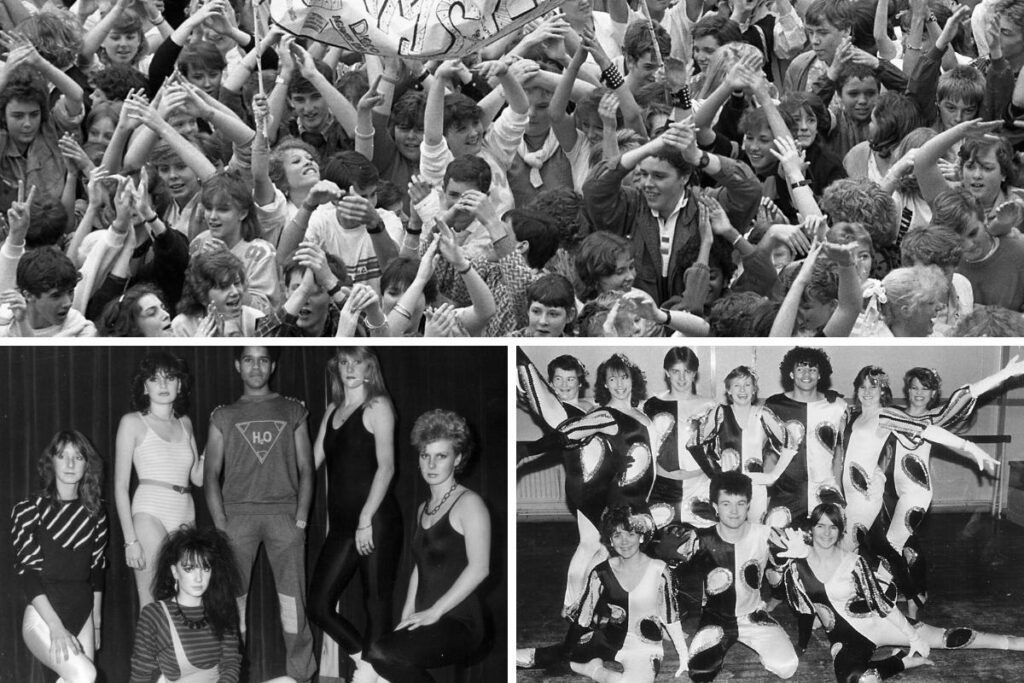
Back in 1978, there was one programme on the schedules which stood out, especially as punk and new wave music rose in popularity: The World Disco Dancin’ Championships, a series that raked in audiences by the millions, till 1984.
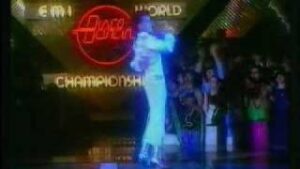
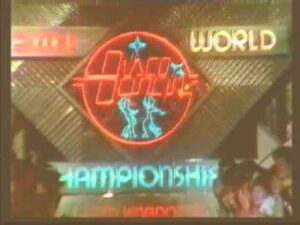
Beyond the main competition, there were also heats (or prelim rounds), and each region would produce their own heats. Winners from each regional round would assemble at the Empire Ballroom in Leicester Square, London, for the national final. The winner of the national final represented their country in the global competition. Each final had 32 participating countries who showcased their unique style. The whole competition was judged in accordance to the International Skating Rules.

What started out as the sound of sweat-drenched night times – an avenue of provocation and expression for the subjugated and ignored—became something glitzy, chintzy and cheesy. The gift of hindsight means it’s all too easy to rewrite the history we weren’t around for, turning disco into a clean straight line between Giorgio Moroder, Studio 54 and ultimately Frankie Knuckles but, of course it wasn’t that crystallized. Disco had its moments of glory, but there were also the times where TV producers and cynical label execs tried to flat-pack it down for the tea-time slot.

Most of the championships are on YouTube, from the first heats of 1978 to the classic tournament in 1979, and they all capture the same strange world. Disco, ripped out of New York and plonked into the living rooms of bored pensioners eating steak and fries. It’s disco as something sexless, something light and frilly, something for a village fete.
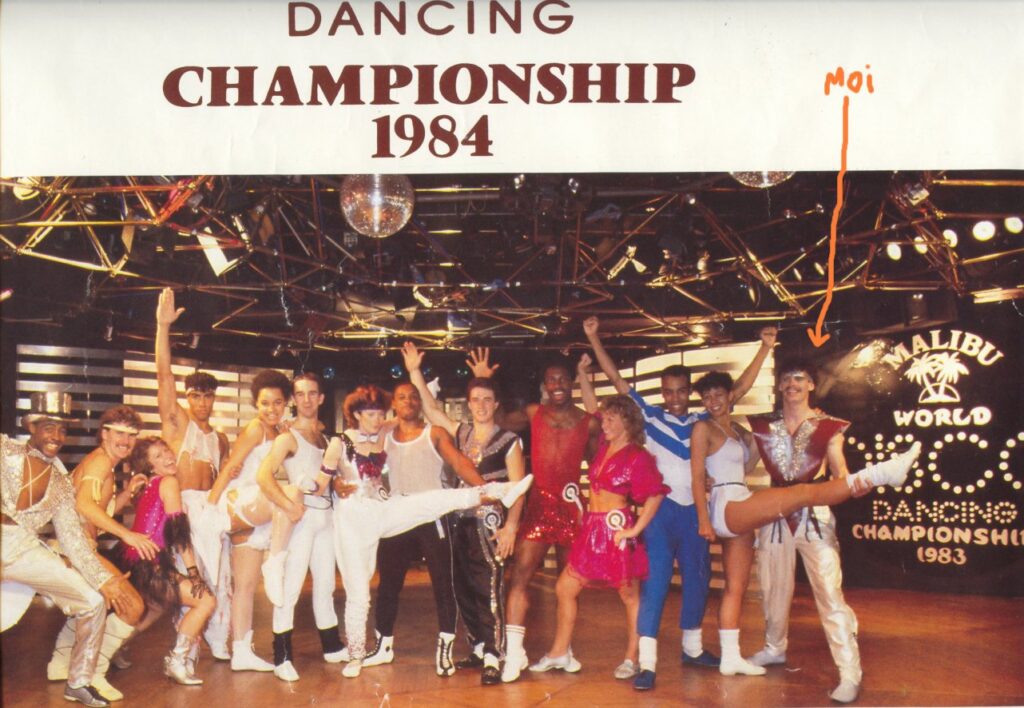
The championships themselves were relatively short-lived, and as disco’s star waned so did the interest in the show. Yet, all that said, it remains a telling artefact of a mainstream swing and a charming miss.
